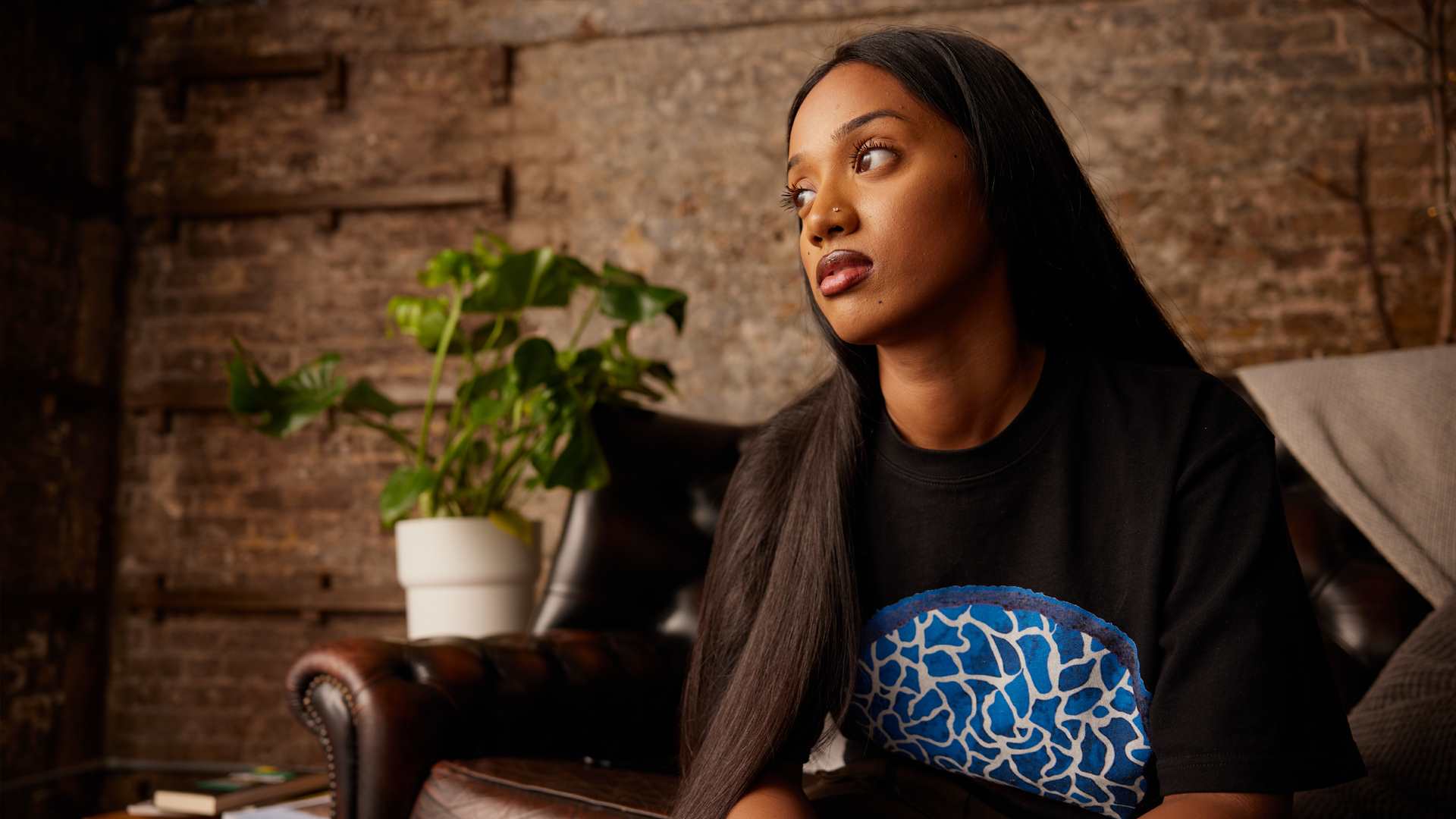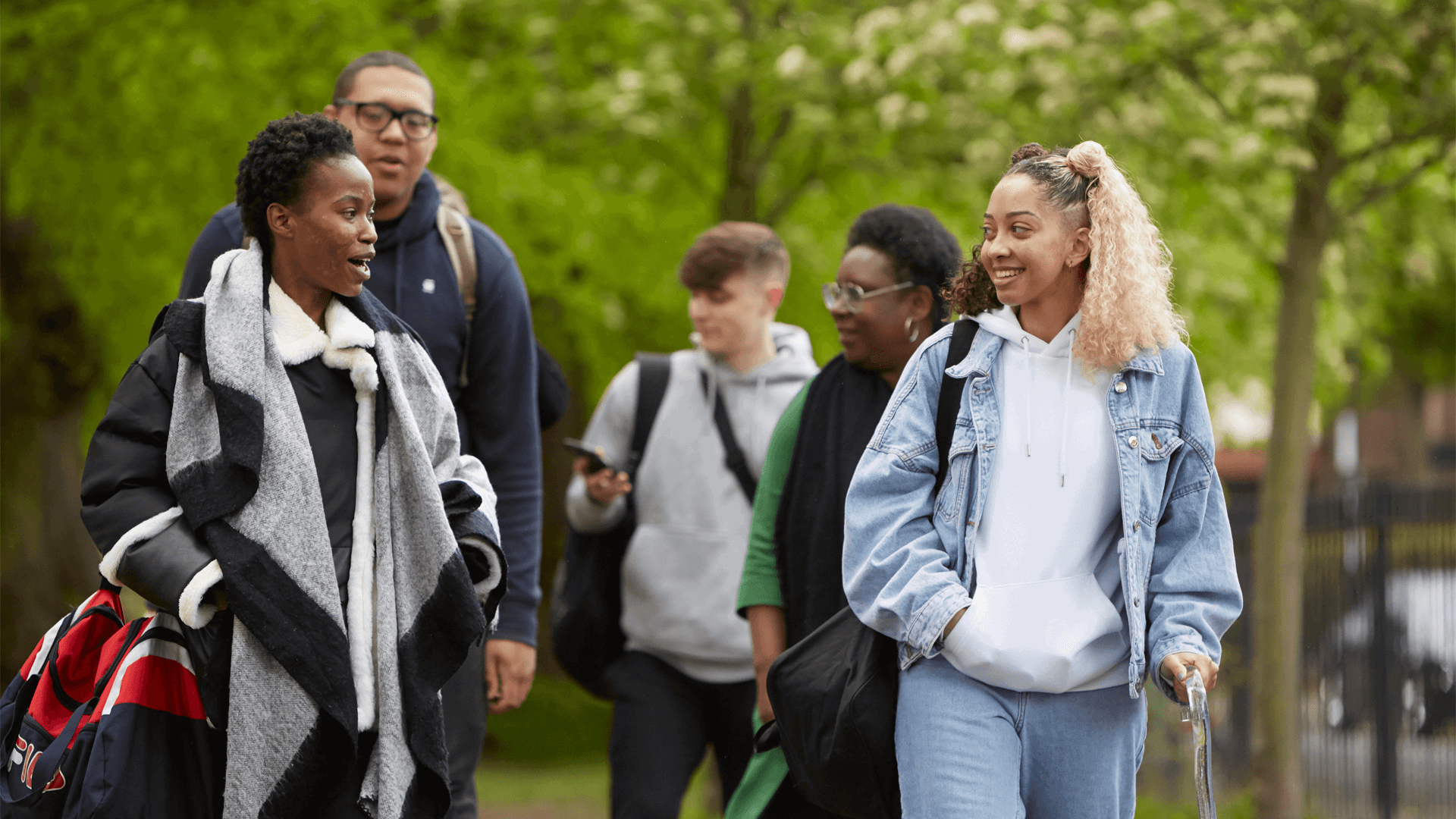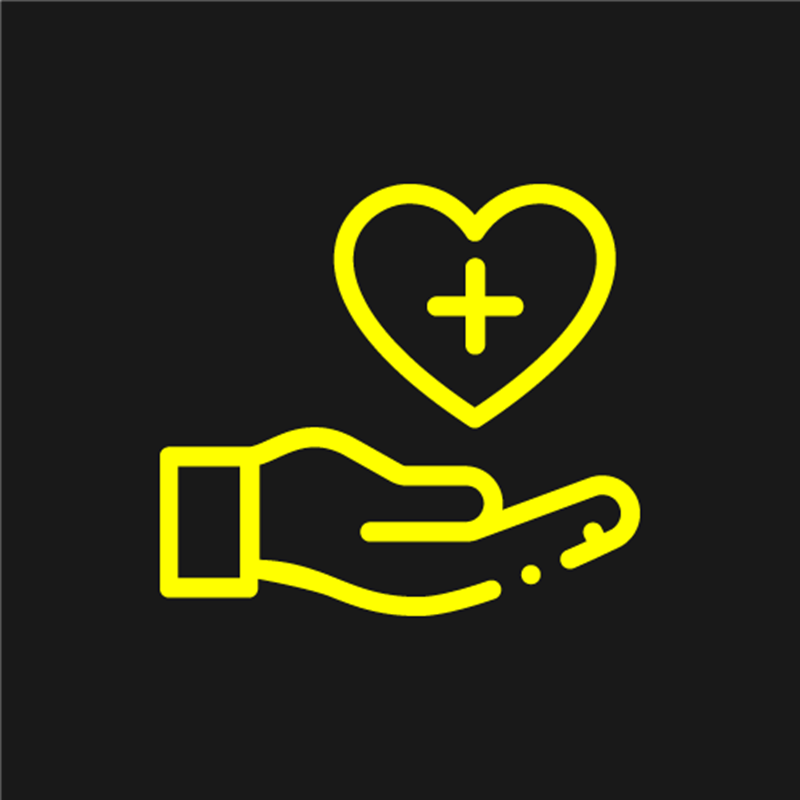Mental health is a big issue for young people
-
In 2023, one in five children and young people aged eight to 25 had a probable mental health condition. This number has been rising since 2017, most notably in the 17-19 age group.1
-
The number of children and young people referred to emergency mental healthcare rose by 10% between 2023 and 2024, with many of these young people being stuck on waiting lists for NHS support for months and years.2
-
Suicide was the leading cause of death for people aged 5-35 in England in 2022. Around three quarters were boys or young men.3
-
Almost one third (32.8%) of 17-24 year olds have self-harmed or attempted to self-harm at some point. This rises significantly to 69.5% of young people with a probable mental health condition.1
-
The cost of living in the UK places a huge strain on the mental health of young people, with a huge 90% of young people worrying about earning enough money to support themselves.4

- One in five
- young people aged 8-25 had a probable mental health condition in 2023.
It has a big impact on several areas of their lives, and can continue into adulthood
- 30%
- of 11-16 year olds with a probable mental health condition missed a week or more of school in 2023.

It’s getting harder for young people to access the support they need
- In 2023/24, there were 78,577 young people waiting over a year for mental health treatment from the NHS, with 44% of these were waiting over two years. This has risen significantly since 2022/23.8
- Long waiting times for support have negative consequences: 59% of young people report their mental health getting worse during the wait for support.4
- Mental Health of Children and Young People in England, 2023 - wave 4 follow up to the 2017 survey - NHS England Digital
- The Guardian: Urgent referrals of children in mental health crisis in England rise
- Papyrus: Under 35s Statistics England
- YoungMinds: Deconstructing the system, Mental Health Report
- YoungMinds: Poor mental health support is impacting learning
- Mental Health UK: The Burnout Report 2025
- Kessler, R. (2010) ‘Childhood adversities and adult psychopathology in the WHO World Mental Health Surveys’ British Journal of Psychiatry 197(5): 378–385.
- YoungMinds: Increase in youth waiting over a year for support
More about YoungMinds
Find out more about YoungMinds and how you can help support our cause.





